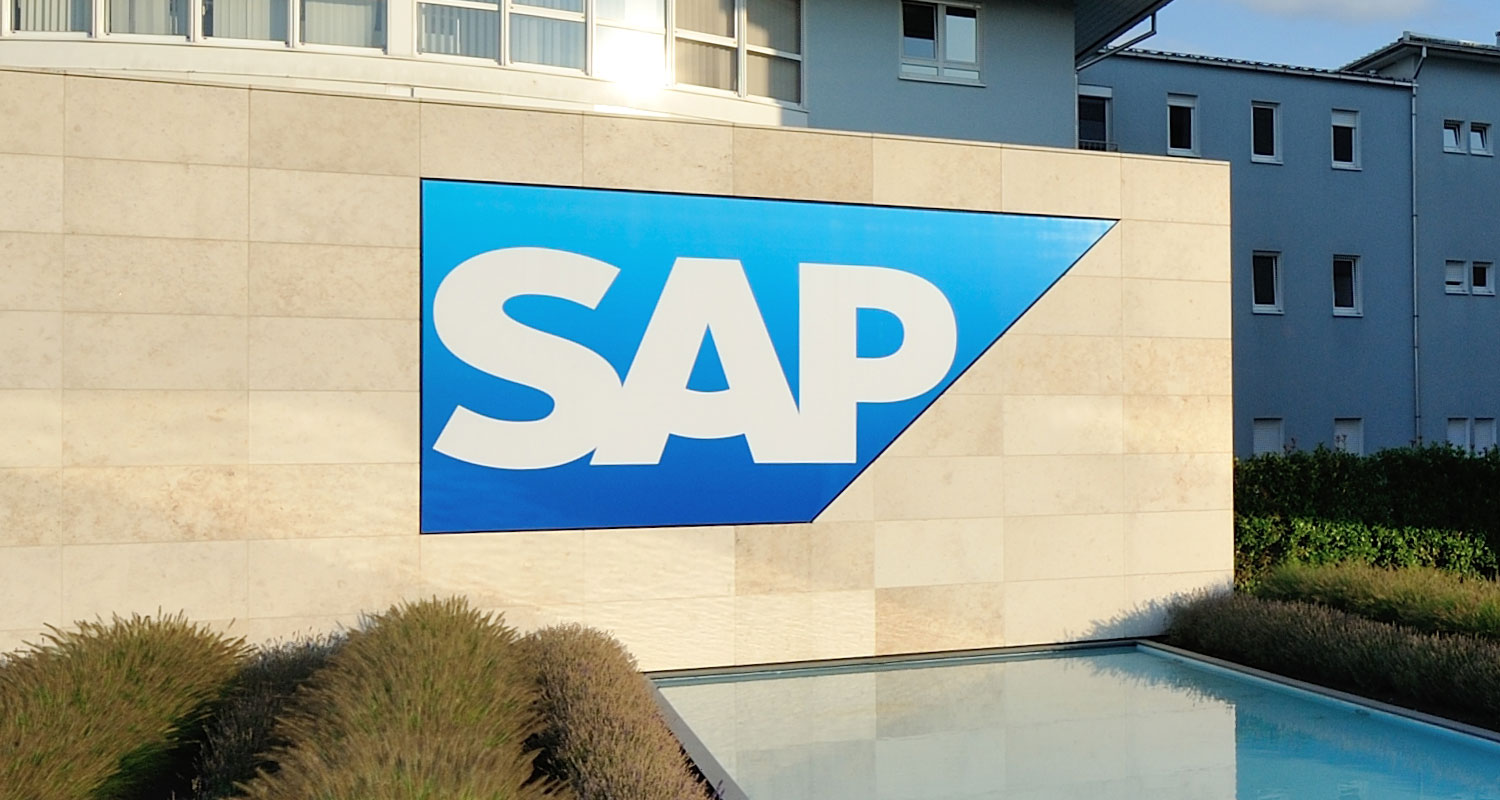 Germany’s SAP has been ordered to pay a further R81.5-million for its complicity in state capture corruption involving the department of water affairs & sanitation.
Germany’s SAP has been ordered to pay a further R81.5-million for its complicity in state capture corruption involving the department of water affairs & sanitation.
The Special Tribunal, which has a statutory mandate to recover public funds syphoned from the fiscus through corruption, fraud and illicit money flows, has instructed the enterprise software giant, which is headquartered in Walldorf, Germany, to pay the money within five working days.
The amount is in addition to R263.3-million SAP was mandated to pay by the tribunal in March. SAP has been fingered in other corrupt dealings involving the public sector during the presidency of President Jacob Zuma, including paying affiliates of the Gupta family to secure lucrative contracts with state-owned enterprises.
“The settlement arises out of the applicants – the Special Investing Unit and the minister of water & sanitation – having reached a full and final settlement of the remainder of the disputes and matters between them relating to the licence agreements entered into between 2015 and 2016,” the tribunal said in a statement on Thursday.
“According to the affidavit by the applicants, it was common cause between the parties that both agreements did not comply with the provisions of section 217 of the constitution, the Public Finance Management Act, treasury regulations and the department’s supply-chain management policies.”
Read: SAP admits it erred, paid Gupta companies
The R81.5-million is in addition to R263.3-million SAP was ordered to pay earlier this year. At the time, the tribunal ordered that:
- The department may not use any of the software licensed under the 2015 and 2016 licence agreements;
- SAP must pay the department an amount of R413.1-million, which represents the total amount the company received pursuant to the agreement;
- SAP must pay back at least R68-million in yearly maintenance fees paid by the department; and
- SAP must pay the department an amount of at least R263.3-million within five days of the order.
The new agreement between SAP and the Special Tribunal will “extinguish the dispute between the parties and the matter will be finalised”, with the agreement made an order of the court. – © 2022 NewsCentral Media




